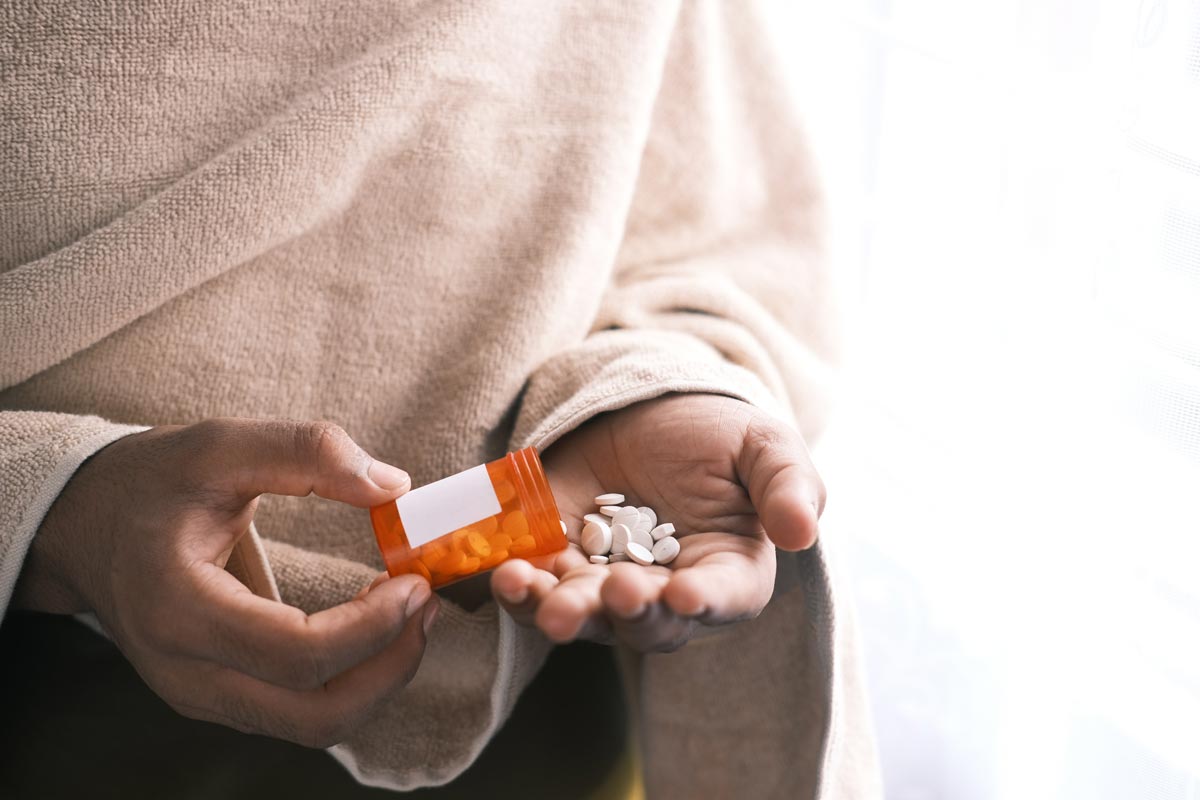Recent studies indicate that inflammation may contribute to the risk of chemical dependence—and we know that substance abuse causes further damage to the brain. To combat inflammation and aid in drug or alcohol recovery, some addiction specialists advocate the adoption of an anti-inflammatory lifestyle.
What Is Inflammation?
Inflammation starts out as a good thing. It signals your body that repairs are needed, but it can quickly get out of hand if left unaddressed. Drugs and alcohol are pro-inflammatory substances; in other words, they send the brain “cues” that kick off an inflammation response. When this occurs, and inflammation is not given time to heal, your body becomes even more vulnerable to addiction, disease, and other maladies.
Anti-Inflammatory Lifestyle Steps
Psychotherapy, exercise, and sound nutritional practices may reduce inflammation in the body. Sacrificing a few of your favorite foods and focusing on property nutrition and supplementation is one of the best ways to fight addiction, physical diseases, and mental illnesses that stem partially from excess inflammation.
Step 1. Incorporate probiotics into your diet. Scientists now know that there is a strong link between the gut and the brain. As probiotic foods help to heal your gut, they also reduce brain inflammation. Foods high in probiotics include spirulina, cultured veggies, and kefir.
Step 2. Stop eating inflammatory foods. While the types of foods that cause inflammation vary by individual, some common offenders are gluten, grain, casein (present in dairy products), and sugar. Your qualified practitioner or nutritionist may recommend that you reduce or eliminate their consumption for a while—or for the long term.
Step 3. Rely on nature’s first aid kit. Many herbs and natural supplements contain powerful anti-inflammation and antioxidant qualities. Add fresh turmeric, curcumin, ginger, oregano, and cinnamon to your recipes. You may even choose to buy turmeric powder online.
Step 4. Hydrate frequently. When you drink adequate amounts of water, your liver and kidneys flush toxins more efficiently. As you remove irritants from the body, inflammation calms down. Some scientists also believe that acidic conditions predispose us to health concerns, and water allows you to maintain a healthy internal pH level.
Step 5. Consume omega-3 fatty acids. According to the University of Maryland Medical Center, omega-3s help to minimize inflammation and lower the risk of disease. Walnuts, sardines, and salmon are rich in omega-3s, and there are also many high-quality supplements that provide highly concentrated forms of the nutrient.
Inflammation & Drug Abuse
We now know that chemical dependency is a brain-damaging disease. When combined with stress, an inflammatory diet, and other factors, drug abuse may damage the body’s neurological function. When anti-inflammatory diets are combined with other evidence-based addiction treatments, you increase the body’s fighting chance against substance abuse.
For optimal physical and emotional healing, a good addiction recovery program should incorporate nutritional guidance and meal planning. To learn more about our CA men’s rehab program or to begin restoring your body with high-quality ingredients and fresh produce, call 10 Acre Ranch at 877.228.4679 today.

